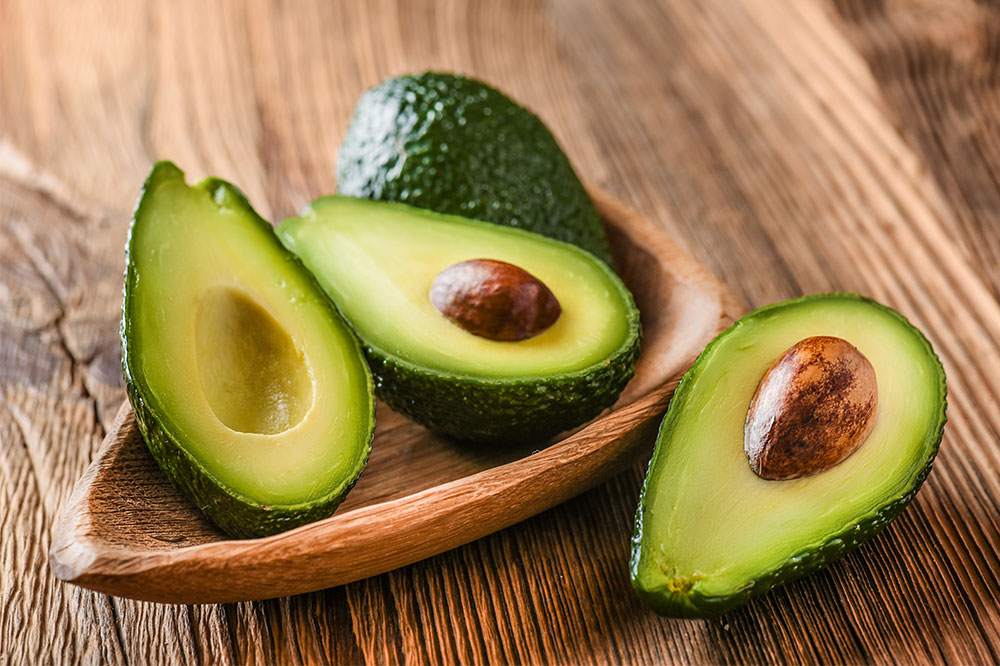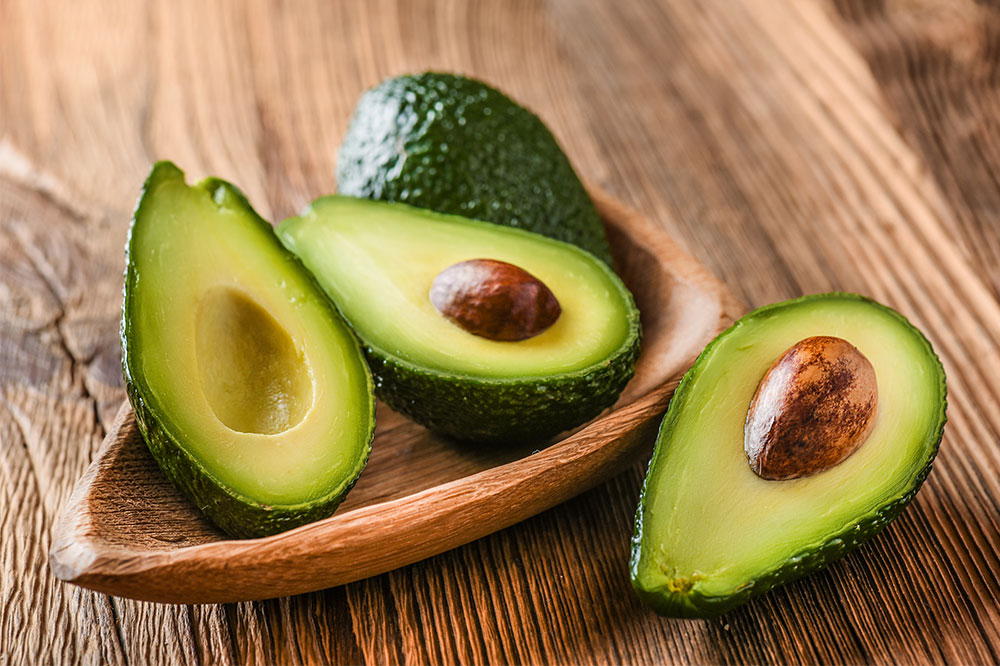Top Nutritional Picks for Heart Health and Atrial Fibrillation Management
This article highlights key dietary choices beneficial for managing atrial fibrillation, emphasizing foods rich in potassium, antioxidants, healthy fats, and omega-3 fatty acids. Incorporating these heart-friendly foods into your diet may help improve heart rhythm, lower complication risks, and promote overall cardiovascular health. Always seek medical advice for personalized treatment plans and dietary guidance to effectively manage AFib and related conditions.

Top Nutritional Picks for Heart Health and Atrial Fibrillation Management
Atrial fibrillation (AFib) involves irregular and rapid heartbeats, increasing the risk of blood clots, strokes, and heart failure. While medical treatments are available, incorporating specific heart-friendly foods into your diet can support better management of the condition.
Bananas
Rich in potassium, bananas help maintain optimal heart function and reduce AFib risks. Fresh bananas are preferred over canned varieties to avoid added sugars that may harm health.
Blueberries
Blueberries are packed with antioxidants and may help improve blood pressure and reduce atrial stiffness, especially in postmenopausal women with hypertension. A daily cup can be beneficial.
Nuts
Almonds and walnuts provide healthy fats, protein, vitamins E, and minerals. Regular intake may decrease the risk of AFib and promote heart health.
Greek Yogurt
A rich source of protein and magnesium, Greek yogurt supports heart rhythm and muscle health. Choose plain varieties to avoid excess sugar and additives.
Tomatoes
Loaded with potassium, antioxidants, vitamins A, C, and lycopene, tomatoes help muscles function optimally and may lower arrhythmia risks.
Olive Oil
A source of healthy monounsaturated fats, olive oil improves cardiac health and may reduce AFib occurrence.
Fish
Fatty fish like salmon, sardines, and mackerel are rich in omega-3s and high-quality protein. Consuming these can help manage AFib symptoms effectively.










